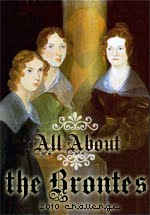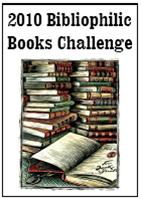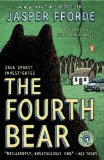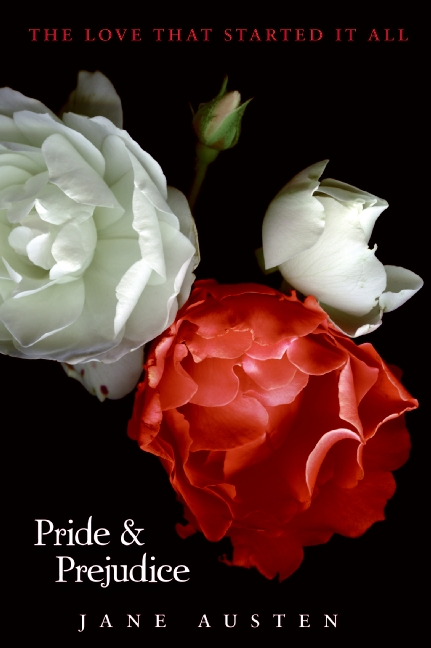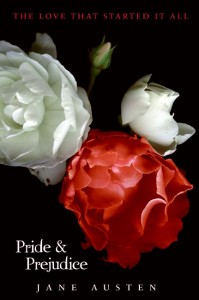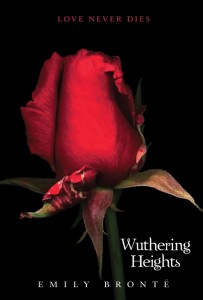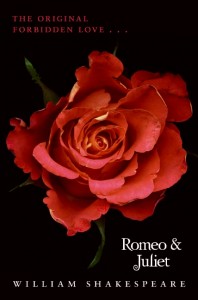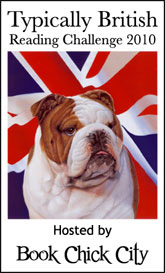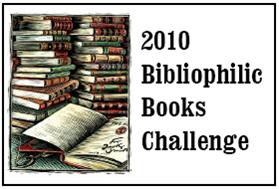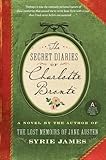 I have just completed Syrie James’s novel The Secret Diaries of Charlotte Brontë. Depending on your knowledge of the Brontës’ biographies, this review may be a bit spoilery. As an English teacher, I knew a fair amount, but I learned a great deal more than I previously knew about the Brontës from this book.
I have just completed Syrie James’s novel The Secret Diaries of Charlotte Brontë. Depending on your knowledge of the Brontës’ biographies, this review may be a bit spoilery. As an English teacher, I knew a fair amount, but I learned a great deal more than I previously knew about the Brontës from this book.
First and foremost, Syrie James has carefully and lovingly researched the Brontës in order to write this book: a fact which shines from every page. I have often said I wished I could sit and eat dinner with the Brontës just once, just to hear what they might talk about. To be around just a great collection of literary genius all gathered in one household would truly be a delight. While that wish can never come true, reading James’s novel is a close approximation. The conversations that James conjures among Charlotte, Emily, and Anne as they write their novels, discussing the merits (and deficiencies) of each other’s work capture what it must have been like to be a writer in that family. Their closeness and love for each other is beautifully rendered. Knowing the pain that Charlotte would endure as her siblings all passed away within a short span of time, I was more or less prepared for it, but I admit I teared up a little with each loss.
Charlotte’s own life story is equal to any of her novels and those of her sisters as well. It was with pleasure that I read of her happiness with her husband, but with sadness, too, especially for him, as I knew she did not live long after her marriage. If you like the Brontës, Victorian literature, or just books about books, my suggestion would be to read this book without delay. I found it a pleasure from start to finish and can hardly wait to read more of Syrie James’s writing.
This book is my first selection for both the All About the Brontës Challenge and the Bibliophilic Books Challenge, and if you are participating in either challenge, I can’t recommend the book highly enough.
I have a fun poll for Brontë fans:
Feel free to discuss further in the comments.

